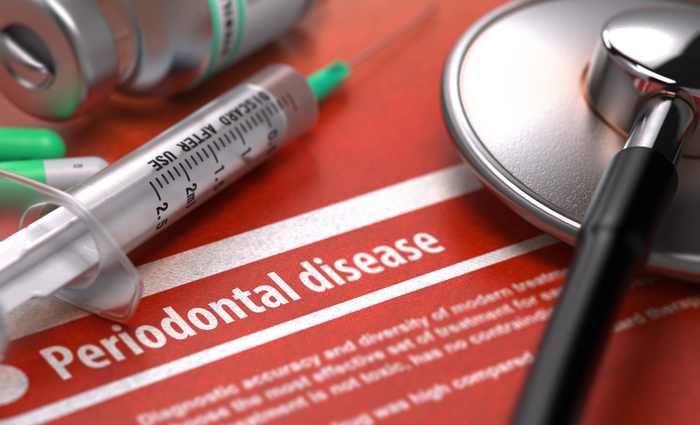
Patient Advice: Causes and Prevention of Periodontal Disease
What is Periodontal Disease?
In simple terms: periodontal disease “is an acute infection of the gum that may cause damage to the jawbone.” Only a professional in the dental field could adequately treat this type of disease because it demands a medical diagnostic.
Periodontitis is a widespread disease, but, it is even easier to prevent. The principal reason for this dental illness is the lack of proper attention to the hygiene that a person gives to their oral cavity. In extreme cases, it is the way a person lose their teeth. Also, there is a very high risk to the illnesses of the heart and lungs according to the latest research.
What causes Periodontal Disease?
For many years scientists have been trying to figure out what causes periodontal disease. It is now well accepted that various types of bacteria in the dental plaque are the primary reasons.
Bacteria cause periodontal disease in dental plaque, the sticky substance that forms in your teeth a couple of hours after you have brushed. Interestingly, it is your body response to the bacterial infection that causes most of the problem. To eliminate the bacteria, the cells of your immune system release substances that cause inflammation and destruction of the gums, periodontal ligament or alveolar bone.
Signs and Symptoms
Swollen, bleeding gums and redness in the affected area, are early signs that your gums are infected with bacteria, signs of gingivitis (the most initial stage of periodontal disease.) If nothing is done, the infection will spread. It can destroy the structures that support your teeth in your jawbone and loosening of the teeth will appear. A sign of severe periodontitis (the advanced stage of disease), eventually will set in, and your teeth can become so loose that they must be extracted.
Prevention and Treatment
To prevent periodontal disease, the American Academy of Periodontology recommends establishing a good oral hygiene routine, which includes brushing at least twice a day, flossing daily and receiving professional dental care at least twice a year.
The proper treatment consists of cleaning the area around the affected teeth, to avoid damage to the bone next to the rotten teeth. In most advanced cases, surgery may be necessary.
Current Research
In more delicate situations, pain at the affected teeth will be present, and many people think it is normal if their gums bleed when they brush or floss. In a 1999 study, researchers at the National Institutes of Health (NIH) found that half of Americans over 30 had bleeding gums. Researchers also are learning more about infection in your gums and how it can affect your overall health.
Risk Factors
Although bacterial plaque buildup is the leading cause of periodontal disease, several other factors, including other conditions, medications, and oral habits, also can contribute.
Here are the factors that can increase your risk of gum disease or make it worse once the infection has set in. They are genetics, smoking, and tobacco use, misaligned or crowded teeth, braces or bridgework, grinding, gritting or clenching of teeth, stress, fluctuating hormones, medications, diseases, poor nutrition, diabetes, cancer, and HIV.



